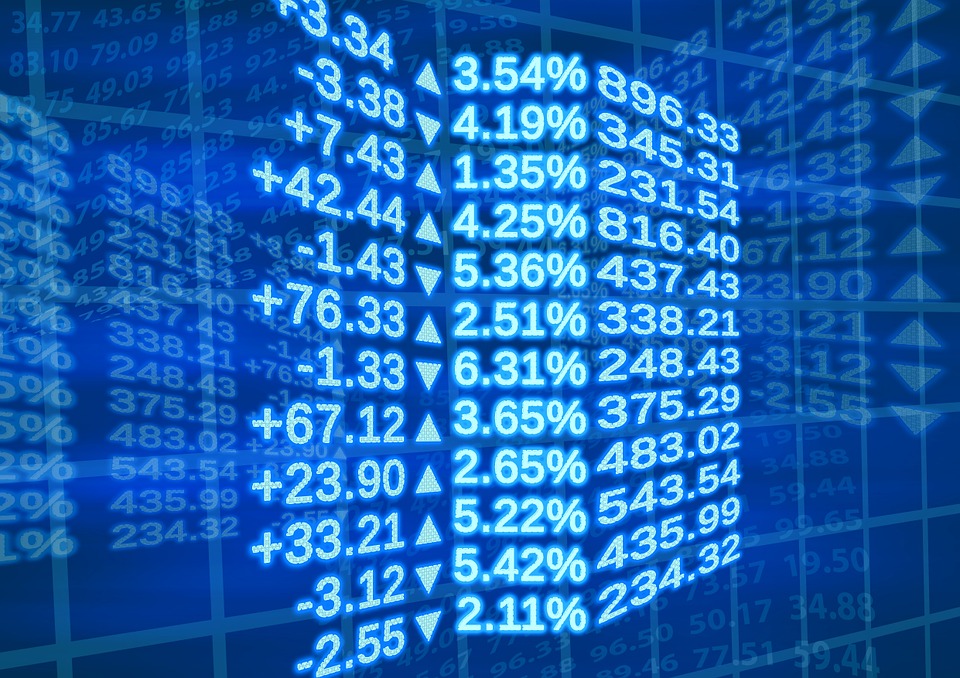Asian stock struggle on Tuesday as current US-China tariff revives fear

Asia stocks struggled on Tuesday as the latest round of U.S.-China tariffs revived fears the trade dispute would knock global growth, while crude oil was elevated near four-year highs after Saudi Arabia and Russia ruled out immediate production increases.
MSCI's broadest index of Asia-Pacific shares outside Japan edged down 0.1 percent.
Australian stocks lost 0.08 percent and Japan's Nikkei bucked the trend and edged up 0.2 percent.
China and the United States imposed a new round of tariffs on each other's goods on Monday, intensifying a trade dispute that is expected to hit global economic growth.
Global financial markets have been spooked in the past few months as traders and policymakers worried the heated Sino-U.S. trade row could chill investment and trade in a blow to world growth.
The Dow fell about 0.7 percent and the S&P 500 slipped 0.35 percent overnight.
The tense backdrop added to the general caution ahead of an expected interest rate hike by the Federal Reserve this week and uncertainty over the future of U.S. Deputy Attorney General Rod Rosenstein. Rosenstein oversees the special counsel investigation into Russia's role in the 2016 presidential election
The Fed begins its two-day policy meeting later on Tuesday.
U.S. equities had made strong gains last week as investors had hoped the United States and China would find ways to strike some form of compromise over the trade issues. However, both Washington and Beijing showed no signs of backing down, stoking concerns the dispute would drag on for a protracted period.
"Wall Street weakness amid the latest flare-up in trade conflict concerns is a negative factor for equities. Some markets, like Japan's, have positive factors to fall back on like the weaker yen, but such support could be negated if the Chinese market is hit by volatility," said Masahiro Ichikawa, senior strategist at Sumitomo Mitsui Asset Management in Tokyo.
Financial markets in China were closed on Monday for a public holiday.
In currencies, the euro traded little changed at $ 1.1753.
The single currency had surged to a 3-1/2-month peak of $1.1815 on Monday after European Central Bank chief Mario Draghi said he sees a vigorous pickup in euro zone inflation, backing moves toward unwinding an ECB asset-purchase program meant to stimulate the economy.
The dollar edged up to a two-month peak of 113.00 yen.
The dollar index against a basket of six major currencies edged up 0.05 percent to 94.229.
The Australian dollar, a proxy of China-related trades and a gauge of broad risk appetite, was effectively flat at $0.7252 after shedding 0.5 percent on Monday.
Brent crude oil futures nudged up 0.1 percent to $81.28 a barrel after surging more than 3 percent overnight to $81.48, highest since November 2014.
Oil prices had rallied after OPEC leader Saudi Arabia and its biggest oil-producer ally outside the group, Russia, ruled out on Sunday any immediate, additional increase in crude output, effectively rebuffing U.S. President Donald Trump's calls for action to cool the market.
- READ MORE ON:
- trade
- percent
- Saudi Arabia and Russia
- Russia
- markets
- Mario Draghi
- crude
- edged
- index
- 0.1
ALSO READ
GLOBAL MARKETS-Asia stocks stumble on risk-off mood; oil prices climb
MORNING BID EUROPE-Middle East tensions spook markets
GLOBAL MARKETS-Asia stocks slip on risk-off mood; oil prices climb
GLOBAL MARKETS-Shares wilt as Middle East tension heats up crude oil
GLOBAL MARKETS-Red hot U.S. payrolls pull rug under June Fed rate cut bet










